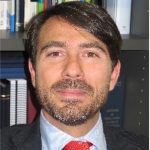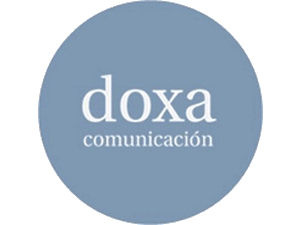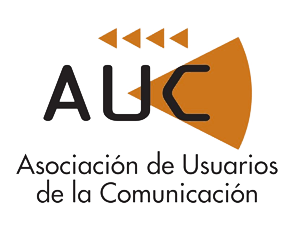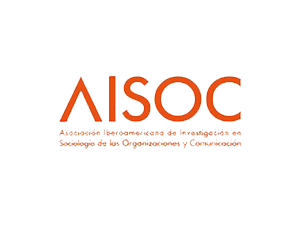Dos elementos consustanciales a las sociedades desarrolladas son el envejecimiento y la omnipresencia tecnológica. La combinación de ambas realidades tiene como consecuencia la aparición de la brecha digital generacional como una nueva tipología de vulnerabilidad social.
En el ámbito específico de la comunicación, determinadas dinámicas suponen el riesgo de exclusión de las personas, potenciadas por Internet, cuya expansión ha beneficiado el avance social de muchos colectivos de ciudadanos, pero ha postergado a otros como las personas mayores.
En la actualidad, la digitalización de las sociedades ha limitado la participación de los individuos en las posibilidades que dicha digitalización ofrece, por su falta de habilidades tecnológicas o por otras razones de índole sociocultural, agudizando la exclusión social de amplios grupos sociales —tal es el caso de muchas personas mayores— y restringiendo su capacidad de actuación y posibilidades relacionales.
Además, podemos hallar brechas digitales dentro de este grupo etario por razones de carácter estructural y/o personal, que se incrementan con internet. Sin embargo, diversos estudios han mostrado el efecto beneficioso que tienen internet y las TIC en el envejecimiento autónomo, activo e inclusivo.
Este panel se centra en el estudio y la reflexión sobre las causas, motivaciones, circunstancias, soluciones o propuestas respecto a las posibilidades de internet y las TIC para mejorar la calidad de vida de las personas mayores y contribuir a su inclusión social, restringiendo así la brecha digital generacional.
Algunos de los ejes temáticos que se pueden incorporar, sin ser excluyentes son:
Ejes Temáticos / Vulnerabilidades digitales / Alfabetización mediática de las personas mayores / Descriptores de la brecha digital generacional / Participación de las personas mayores en el espacio público digital (redes sociales, plataformas, discusión pública, etc.) / Consumo y comportamiento digital de los mayores desde distintos dispositivos y plataformas / Uso de internet y las redes sociales (ventajas, riesgos y peligros) / Frenos vs. dinamizadores de la participación digital de las personas mayores / Mayores y desórdenes informativos (fakenews, posverdad, desinformación, …)
Keywords / Mayores / Comunicación / E-inclusion / TIC / Internet / competencias digitales / alfabetización digital / brecha digital
The digital generation gap: the elderly and ICT
Two consubstantial features of developed societies are ageing and technological ubiquity. The combination of both situations has resulted in the emergence of a digital generation gap as a new type of social vulnerability. Specifically, certain dynamics in the field of communication pose the risk of excluding certain people, which has been fomented by the Internet. Even though the expansion of the web has benefited the social progress of many groups of citizens, others have been left behind, such as the elderly.
Currently, the digitisation of society has limited the access of some individuals to the opportunities offered by the digital transformation, either due to a lack of technological skills or other socio-cultural factors, thereby exacerbating the exclusion of large social groups, which is the case of a large segment of elderly people, restricting both their ability to be socially engaged as well as their opportunities to develop relations.
Moreover, we have also found digital divides within this age group for structural and/or personal reasons, which have increased with the internet. However, several studies have shown the beneficial effects of the internet and ICT on autonomous, active, inclusive ageing.
The focus of this panel will be to explore and reflect on the causes, motivations, circumstances, solutions, and proposals regarding the potential of the Internet and ICT for improving the quality of life of elderly people and contributing to their social inclusion, thereby narrowing the digital generation gap.
Some of the core topics to be addressed include the following, though not exclusively:
Core topics / Digital vulnerability / Media literacy of the elderly / Describing the digital generation gap / Participation by the elderly in digital public spaces (social networks, platforms, public discussions, etc.) / Digital consumption and behaviour by the elderly of different devices and platforms / Use of the Internet and social networks (advantages, risks, and dangers) / Hindrance vs. encouragement of digital participation by the elderly / The elderly and information disorders (fake news, post-truth, disinformation, etc.)
Keywords / The elderly / Communication / E-inclusion / ICT / Internet / digital competence / digital literacy / digital divide





















